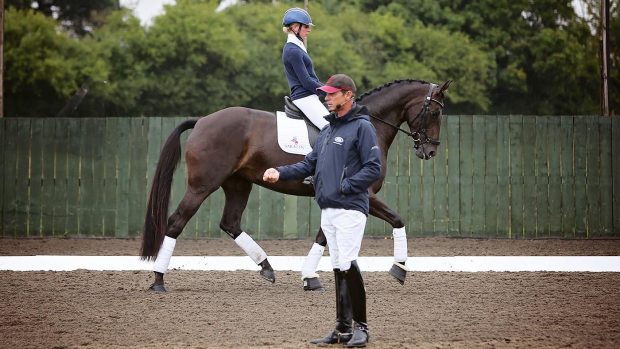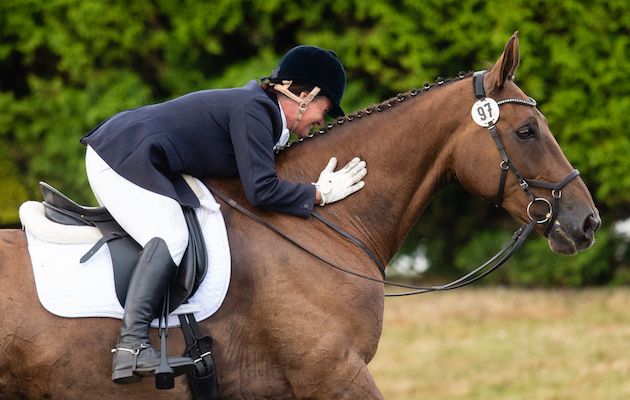In their new book 'The Power of Coaching: Releasing Surprising Potential in Equestrian Athletes', Islay Auty and Penny Pollard invite the coach and learner to consider the joint responsibility involved in creating a secure learning experience. Here they look at how to find the right coach to fulfil your potential
In the early stages of a rider’s experience they may have learnt from a parent, in a riding school, in the Pony Club or a Riding Club and so inevitably they will have some opinion as to why they are looking for a coach and what sort of coach they seek.
Assuming that the rider has been introduced to the sport in a motivational, inspiring and encouraging way, they may now be seeking more specialist individual help to develop their skill.
Understanding a little about how the rider prefers to learn is helpful, as a rider will tend to gravitate towards a coach who delivers in the style by which they most prefer to learn.
Some riders prefer to have much information given to them in a constant stream of words (telling style). They want the coach to take all the responsibility for the training (coach-led teaching) and are not keen to take the initiative themselves.
Other riders prefer to have some influence on the way the session evolves, and make their own decisions. The rider then chooses activities and exercises and expects the coach to give opinions and help on what they are doing (rider-led training).
Finding a coach that can adapt
A good, experienced coach will recognise learning styles and be able to adapt their delivery to accommodate that style.
Some people like to be put under pressure and driven hard by their coach; others would find that type of delivery difficult and would not thrive under that type of education. Learners will often find a coach by word of mouth or recommendation.
Coaches should welcome observers, recognising that this can be an avenue for attracting new pupils.
All partnerships take time to establish, build, strengthen and deliver. In any coach-learner relationship the parties should ensure that they can speak to each other openly about their aims, aspirations and worries.
Being loyal and supportive to each other will bring out the best in the partnership. In these days of highly developed technology it can be very helpful to have a record of training. This can give the learner the chance to revisit the lesson and observe at their leisure the finer points of the coaching.
Observation of one’s own coaching can also facilitate a reflection on how a particular exercise worked (or not) and how one might adapt or change it for a different result at another time.
Like this? You might also enjoy reading these:
9 common cross-country queries solved
10 reasons Big Star captured our hearts in Rio
Any recording of performance (mobile phone, tablet, camera, etc.), should always be open to both coach and learner. Recordings should be made with the full knowledge and agreement of both parties and treated with the integrity that would be expected in a trusting relationship between coach and learner.
Random publication of any data on any form of social media, if that data has been recorded in a private training session, should only be made with the full endorsement of all parties involved.
‘The Power of Coaching: Releasing Surprising Potential in Equestrian Athletes‘ by Islay Auty and Penny Pollard is published by Quiller Publishing and costs £16.95. Available from 30 August or pre-order now at www.quillerpublishing.com





